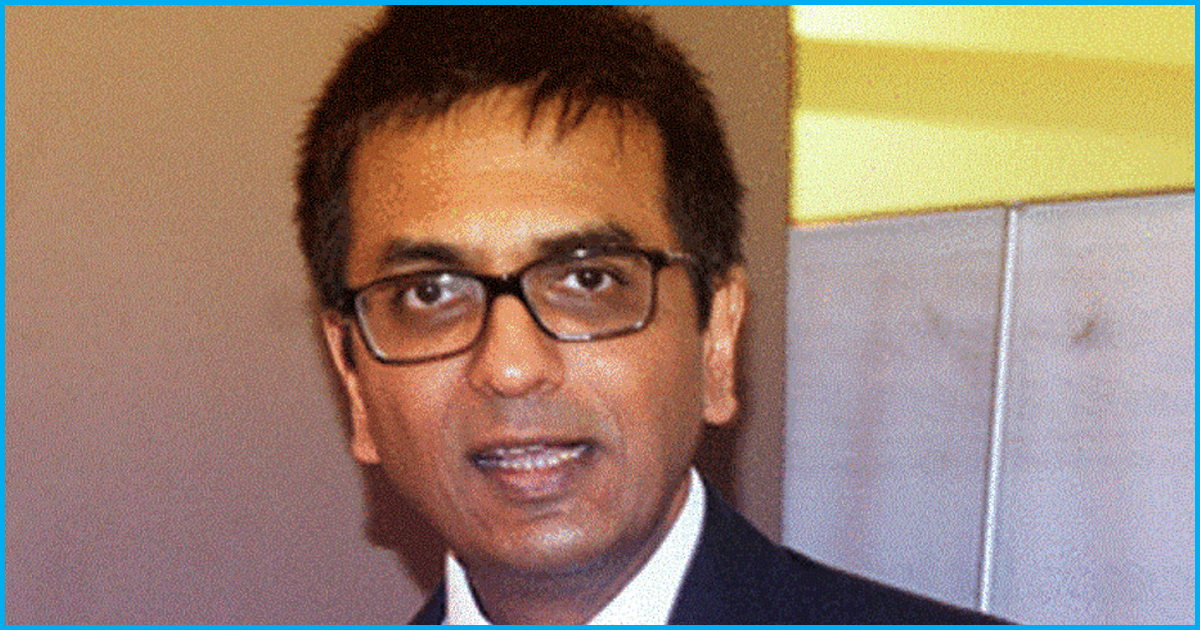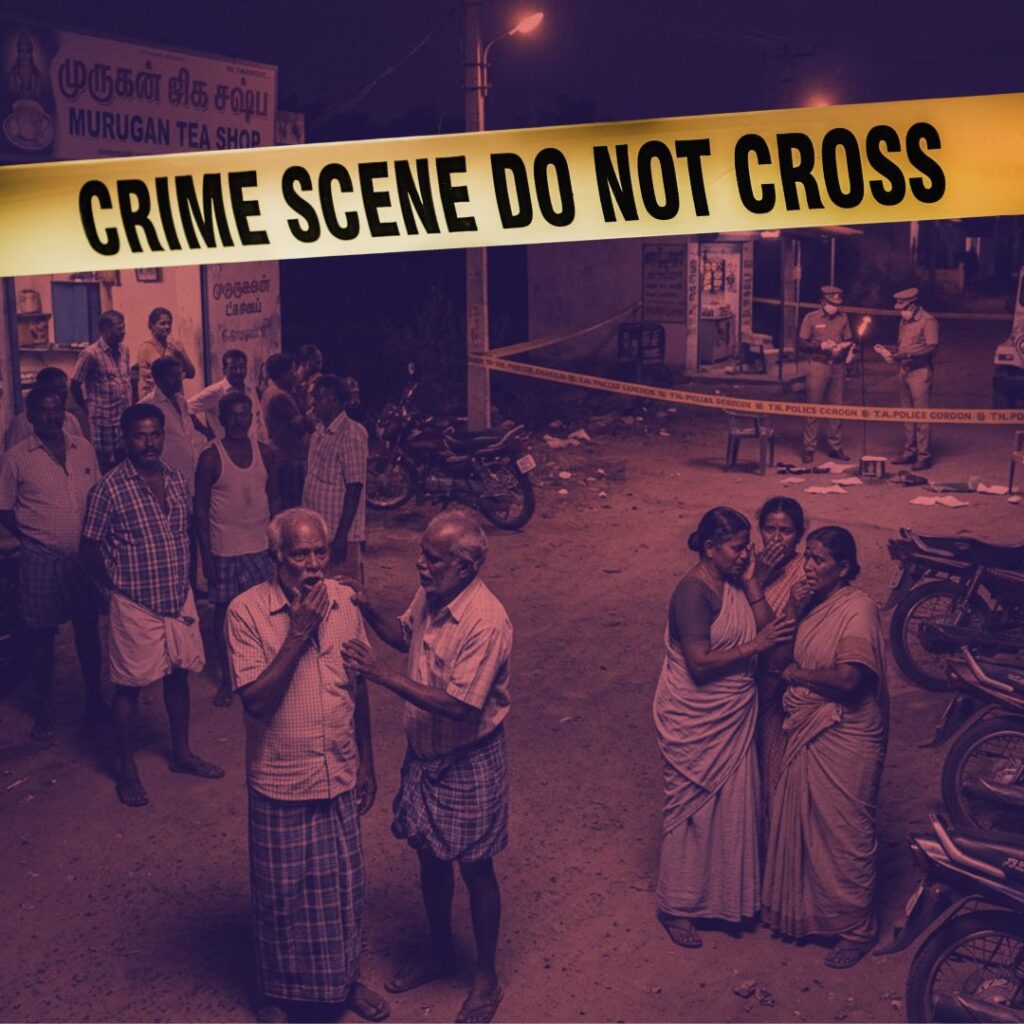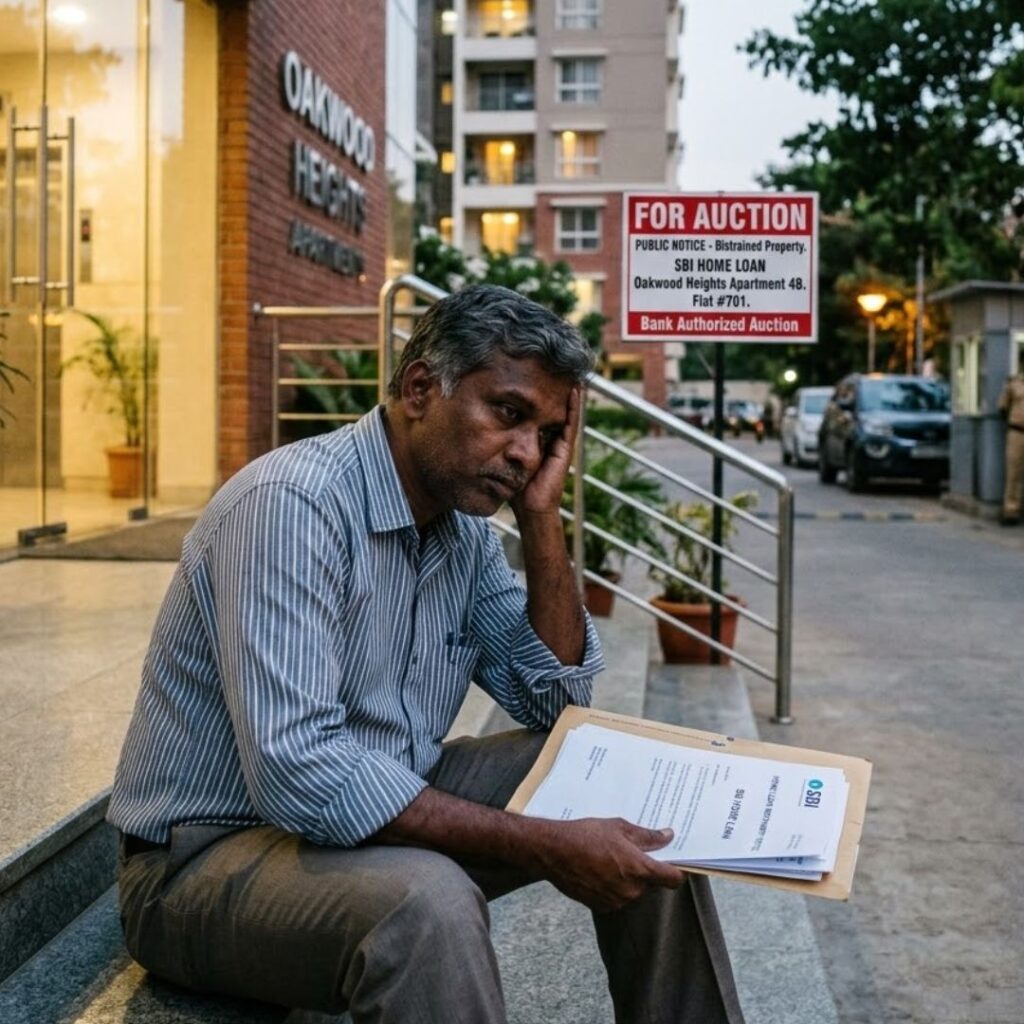In the past few days, we have seen the Supreme Court hearing some of the most important cases. This is also Dipak Misra’s last week as the CJI, he retires on October 2. In what could be termed as an action-packed week for the SC, judgements on several cases, including the Aadhaar law, Adultery law, live streaming of court proceedings, among others have been pronounced. Among all the judges, one person has emerged as the new dissenting voice in the highest court – Justice DY Chandrachud.
Justice DY Chandrachud was born on November 11, 1959, to Justice YV Chandrachud, the longest-serving CJI, and Prabha, a classical musician. A Harvard University alumnus, before becoming a judge in SC in 2016, Justice Chandrachud also served as the Chief Justice at Allahabad HC and a judge at the Bombay HC.
From being the minority in the judgement in the Aadhaar law to overturn his father’s 33-year-old judgement on the Adultery law, Justice Chandrachud’s stand on several pertinent issues has been nothing but progressive and rational.
“Aadhaar programme is unconstitutional”
On September 26, SC upheld the constitutional validity of Aadhaar, however, it did strike down multiple sections of Aadhaar as unconstitutional. The SC bench in a 4-1 decision backed the legality of the Aadhaar, Justice Chandrachud was the lone dissenting judge. He minced no words when he said, “Aadhaar programme in its entirety is unconstitutional.” He posed questions on privacy, data collection, authentication and biometrics to the government.
He also objected to the fact that the Aadhaar act was passed as a money bill. A money bill doesn’t require debate in Rajya Sabha and would require passage only through the Lok Sabha. “It constitutes a fraud on the Constitution,” he said, adding, “The ruling party in power may not command a majority in the Rajya Sabha. But the legislative role of that legislative body cannot be obviated by legislating a Bill which is not a Money Bill as a Money Bill.” Notable, the ruling party, BJP, does not enjoy a majority in the Upper house.
Petitioners and critics of the Aadhaar lauded Justice Chandrachud. Legal expert Usha Ramanathan told Newslaundry that he actually “Justice Chandrachud’s judgement is extremely important not just because he encapsulated what the petitioners have been saying, but also because he got what that relationship is that the technology is introducing between the state and the people”.
Judgement on Adultery law
By striking down the criminalisation of adultery under section 497 of Indian Penal Code, Justice Chandrachud overturned the 33-year-old judgement authored by his father, Justice YV Chandrachud. In 1985, while giving the judgement on the Sowmithri Vishnu vs Union of India case, the bench had upheld the constitutional validity of the section.
Saying that this law compromised the dignity of the women and treated them as man’s property. Chandrachud did not hesitate to call the earlier judgement “seriously flawed”.
“Dissent is the safety valve of democracy”
In a nationwide crackdown, the Pune police had arrested five activists-Sudha Bharadwaj, P Varavara Rao, Gautam Navlakha, Arun Ferreira and Vernon Gonsalves last month. In judgement pronounced on September 28, SC refused to allow the release of five activists. The bench headed by CJI Dipak Misra allowed Maharashtra police to go ahead with their investigation and also dismissed a plea for a SIT probe.
In this too, the only dissenting judge was Justice Chandrachud who said that “technicality should not be allowed to override substantive justice”. He also pulled up the police for making the evidence public, calling it a “disconcerting behaviour”.
Earlier this month the SC gave a minor relief to the arrested activists by placing them under house arrest. Justice Chandrachud while pronouncing the verdict had famously said, “Dissent is the safety valve of democracy if you don’t allow safety valve, the pressure cooker will burst.”
Controversial judgement
In the recent times, one judgement by him which can be termed as controversial is the verdict on the Justice Loya case. In April, SC bench headed by CJI Dipak Misra and consisting Justices Chandrachud and AM Khanwilkar dismissed petitions seeking an independent probe. The SC had then said that petitions lacked merit. The bench also observed that the conduct of the petitioners was lacking in bonafide and it revealed a misuse of the judicial process.
Also Read:
“Dissent Is Safety Valve Of Democracy,” Says SC On Arrest Of Activists











